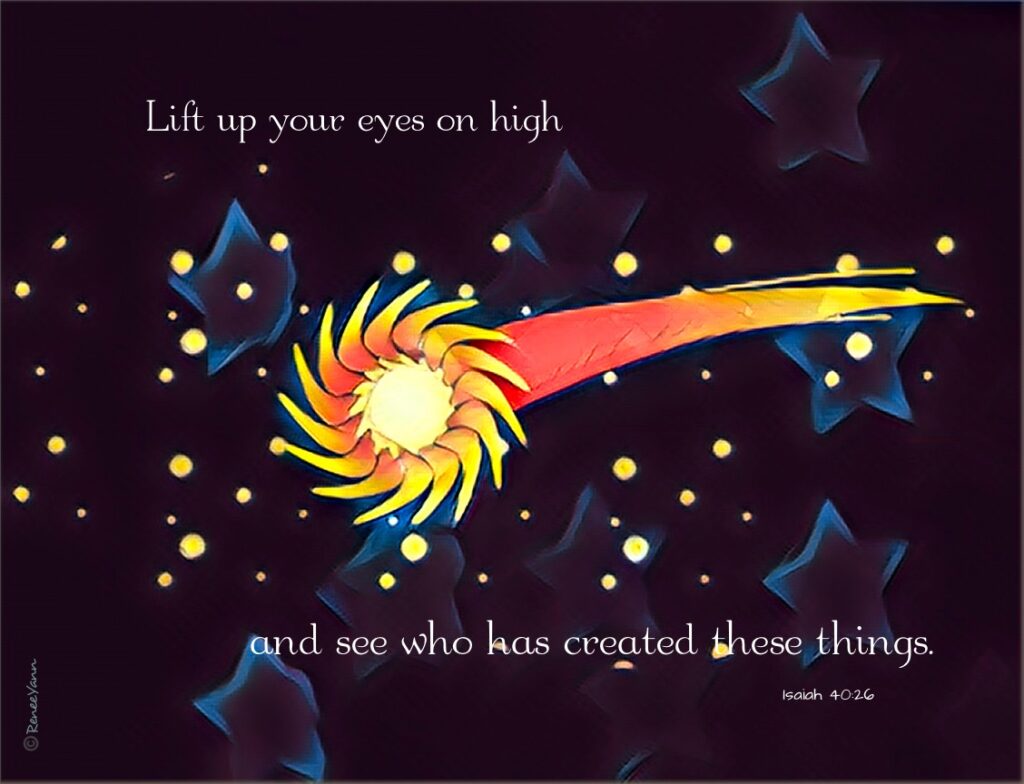By Sister Fran Repka
The final O Antiphon comes at the height of a slow drum roll growing to a crescendo as we are brought closer to the Christmas miracle of God made flesh, born as a babe, mostly unnoticed by humankind. O Come Emmanuel, refers to the prophecy of Isaiah (Is 7:14): “The Lord himself will give you a sign. Look, the young woman is with child and shall bear a son and shall name him Emmanuel.” Matthew (1:23) repeats Isaiah’s prophecy adding that Emmanuel means “God is With Us.” Each year, I am deeply moved by the O Antiphons sung/recited daily before and after the Magnificat at Vespers, reminding us that Mary is the vessel through which Jesus was born; that her “yes” changed the world forever!

The people of Israel expected a new King and Lawgiver whose leadership would not compromise Israel’s spiritual heritage with unhealthy trade alliances and leaders too willing to risk so much for material gain, power, and prestige. Isaiah hung on to the belief that only God could restore a sense of security and integrity and send a new kind of leader.
No one anticipated that the new king would come as a baby, born of a woman, whose nursery was nature, not a palace. Who dared kindness, tenderness, movements that start from the heart. Who would offer a new way of living: neither higher nor lower, but as a people helping one another with compassion, mercy, and love. The Incarnation places Jesus among humanity’s most vulnerable, threatened, and poor. Emmanuel reverses our gaze from kingly trickle-down ways to walking hand in hand with those who fall through the cracks of society. Christ is being born anew in our current humanity. We are called to experience life together. Synodality. The only possible future for Emmanuel is sisterhood and brotherhood. Synodality: humility in listening and confidence in mutual dialogue. Timothy Radcliffe, OP in giving retreat to members of the October 2023 Bishop’s Synod, said: “Life and fertility depend on difference. A society that fears difference will die.” Everyone has a part. No exceptions.
Like Mary, let us meditate on these things in our hearts. What are our communal, global desires and hopes as we listen to Isaiah’s prophecy with eye and ear tuned to our own world where wise leadership and respectful policies are still something we long for? How am I/we living an authentic life of faith in a world filled with the pain of loss as in Gaza, Israel, Ukraine? What faith-filled actions am I/we bringing to issues of racism, sexism, clericalism, marginalization of people different from oneself; not to mention climate change due to human mistreatment of planet earth? The greatest MERCY in all these struggles lies in Emmanuel being in our midst, walking with us, showing us the path of LOVE.
This path of love might begin by listening to the prophetic teachings of Pope Francis, who awakens us to the “Joy of the Gospel” and leads us to follow Christ wholeheartedly. He invites us in “Laudate Si” to recognize how our misuse of the environment is intimately connected with poverty, thus our care and love must extend to all of creation. In the recent “Laudate Deum” Pope Francis reminds us that we too are created and are not creation’s masters: “…there is a mystical meaning to be found in a leaf, in a mountain trail, in a dewdrop, in a poor person’s face. The world sings of an infinite Love: how can we fail to care for it?” (Laudate Deum, #65)
O Come Emmanuel not only brings intensity to our Advent preparation but also brings it to a joyful, awesome conclusion. It is a sort of meditation of thanksgiving for what is to come. The desire of nations! The promise of a Messiah! The great assurance that “God is with us” no matter what. O Come, O Come Emmanuel!